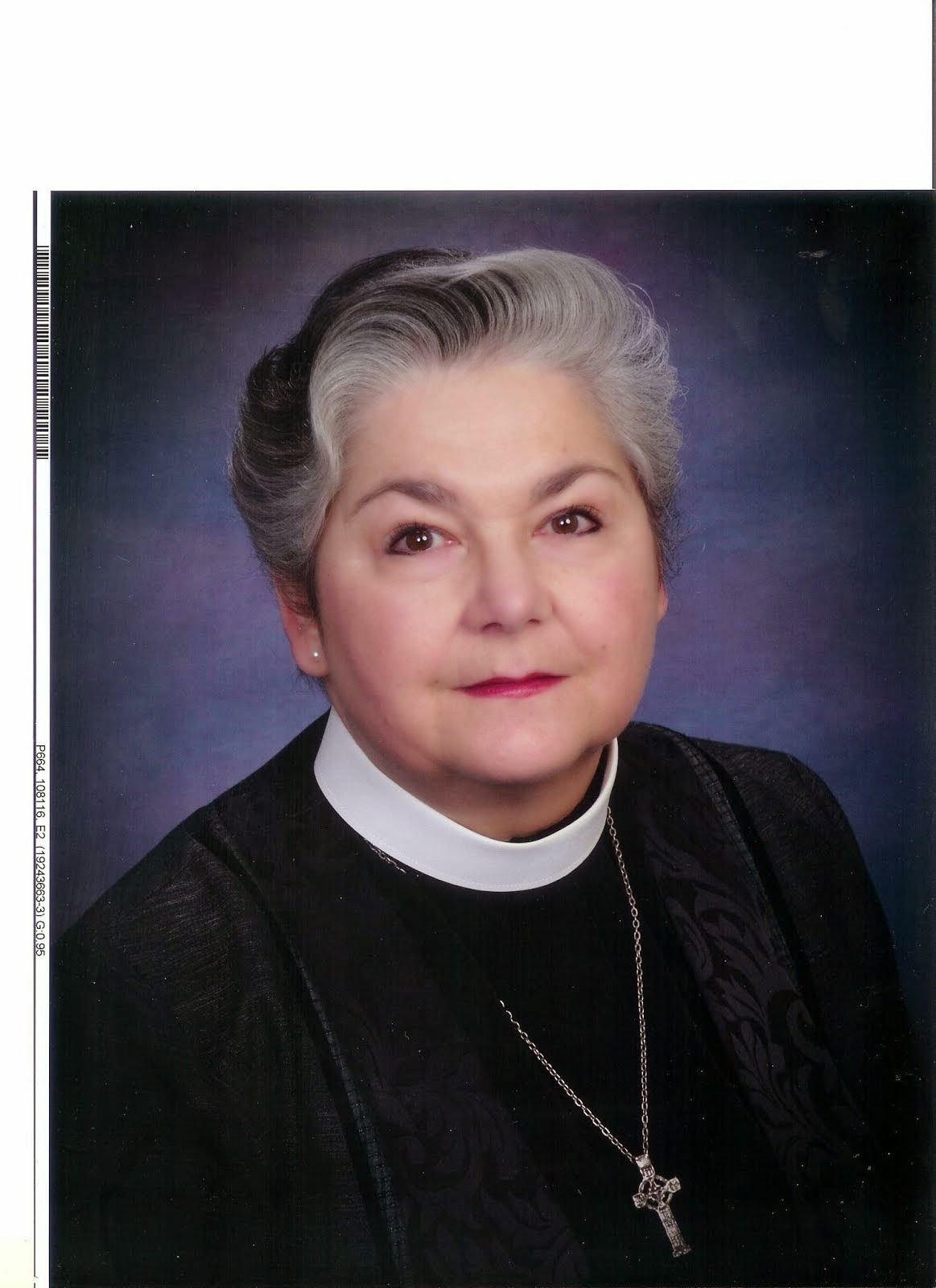
The picture is greyed with age now. It is a family Christmas dinner. An elderly man, looking remarkably like the actor Lionel Barrymore. A tiny woman, birdlike, quite old, her mouth pursed. A man wearing a white shirt , no tie, seated at the table with a plate full of food in front of him. He looks disoriented, shocked. A hefty woman with an apron, looking a bit harried, with a baby held against her shoulder. The baby is a sprite, with enormous dark eyes. And now the old woman’s voice, saying: “The poor waif. Oh, the poor waif!”
That was Great Aunt Anna. She always did tend towards the dramatic. Her husband, Great Uncle Joe, sat beside her. They had been married for decades and had no children of their own. They were characters, as folks used to describe the odder members of the family. In his later years, Great Uncle Joe would retire to bed wearing a rubber chin strap to prevent a double chin. Unfortunately, he was a little late for that. He also tended to orate like Foghorn Leghorn, and was just as incomprehensible.
I can imagine the thoughts going through the hefty woman’s head…”If Anna’s so concerned, why doesn’t she get up and offer to help, instead of leaving it all to me while I’m toting a baby around here?” And the man in the white shirt, so disoriented, wondering how life suddenly had become so complicated, wanting nothing more than the usual Christmas, with the usual family arguments, and the usual menu.
But it wasn’t an ordinary Christmas.
There was a new member in the family, that baby. They hadn’t known that this baby would arrive until a few days before, when the adoption agency said to come and get their baby. After seven years of trying to adopt, they had all but given up hope. And then the phone call came, turning their world upside down. They weren’t ready. They had no crib, no changing table, no supplies. But they went and got the baby from the agency, a tiny thing, barely 7 pounds, not a good weight for a four-month old. But apparently the child had not thrived in the orphanage. The social worker said, “she’ll fatten up once she’s with a good Mommy and Daddy.”
So they took the baby home. At first they thought they’d name her Dorothy, after the woman’s cousin. But then they remembered the season, and they named her Mary. They used a wooden soda pop crate lined with blankets as a crib. The woman had run around the neighborhood stores getting diapers, shirts, the usual accoutrements of baby care, and folks had said, “who’s baby is that?” and she smiled and said, “Mine!”
And to properly welcome the baby into the family, this baby who arrived so unexpectedly on December 22nd, she invited the whole extended family for Christmas dinner. This was nothing new. As the best cook in the family, she usually fed them all. This time, though, she was doing it with a slightly cranky baby on her hip.
And as usual, Great Uncle Joe and Aunt Anna came just a little bit late, already a bit tipsy from the sherry, requiring attention because they were always requiring attention. And the man’s brother, always the family historian, had brought his camera…and took that picture that has now faded. And he heard Great Aunt Anna say, once, twice, three times, “Oh, the poor waif! The poor waif!”
And then he got tired of hearing it, hearing these words about this beautiful, scrawny baby on his sister-in-law’s hip. He knew the back story – that a friend in the system had pulled strings so that this baby, already scheduled to go to another home, would go to this family. He knew that the barely perceptible tremor in Great Aunt Anna’s voice came from her own regret that she had never had a child of her own. He knew that his brother, already struggling with the demon of alcoholism, was terrified that he would not be able to keep sober with this added responsibility. He knew the history of this child, a sad history of love and loss.
And so when Great Aunt Anna said “Oh, the poor waif!” that third time, he put down the camera and stood up and said, “Enough! This is Ann and Joe’s baby. She is not a waif!”
Two thousand years before, another child arrived suddenly, on a cold night. The family was unprepared. They were traveling, a hard thing in the best of times, now even harder because of the woman’s pregnancy. The town where they were to go was packed with people, noisy, probably a bit smelly from camels and donkeys and other pack animals. People were taking the edge off with some wine. The only available room for the expectant couple was not a room at all, but a stable a bit away from the furthest inn in town.
They had gotten that space only because the innkeeper’s wife saw them at the door as her husband was telling them to get lost, that there was no room. She poked her husband and said, “You great lummox, can you not see she is great with child? Give her a place to rest her poor weary body.”
“I’ve nothing to give her, wife. You know we’ve filled each bed three times over. Do you want her to sleep on our bed?”
“No, you stubborn fool. At least give her the stable, so she can get out of the wind. It’ll be warm there. Not too smelly – I know you had the boy clean out the stable earlier today.”
So the innkeeper sent them a few yards away to the stable. The innkeeper’s wife came over with some blankets to make the space a little more comfortable. Remarkably, the animals had nestled around the man and woman, sharing their warm sweet breath and body heat to bring the hut to a comfortable temperature. The woman was in labor now. She wasn’t crying, though, nor did she ask for a midwife to help her. The innkeeper’s wife stood at the door, watching her. Poor thing didn’t have a mother or auntie to help her with this, as she would have had she given birth in her home village. It didn’t seem right that she was doing this alone…but before she could bend down to help, with one great push the baby was out. Small, but breathing. It was a boy, a blessing, healthy, it seemed. But the innkeeper’s wife could think of nothing but her sadness, that this young woman had to give birth away from home, away from her family, in a hut with only the animals around her. The innkeeper’s wife cried out, “Oh, the poor waif! The poor waif!” Her voice, breaking that holy silence…until the man said, “No, he is no waif. He is special, beloved. He is the child of God.”
Of course, the innkeeper’s wife thought. All babies are children of God. This we all know. But the way he said it gave her pause. “THE child of God, not A child of God…odd.” And yet something about it made sense to her. There was a glow about them as the woman was nursing the little one. It was warm and snug in the hut. She turned to leave, and there were some shepherds standing outside the entry.
“Is he here?” they said.
“Who?”
“The child.” Now she was nervous. “What child?” “The one the angel told us about…the anointed one of God.”
The innkeeper’s wife was troubled. What mystery was this? The infant looked just like any other newborn. But these shepherds, they were certainly convinced that some divine messenger had visited them. “Why didn’t we find them a room within the inn?” she thought. She looked back over her shoulder at the shepherds kneeling now in front of the little family. “All children are children of God. But this one, this one is special somehow.” She trudged back to the inn, wondering what it all meant, knowing that it meant something had changed in her and in the world.
Not a waif. The Child of God.
All children are children of God. Some are poor waifs fresh from orphanages in America, some are newborns in huts in the Middle East. Some look like the babies in the baby food ads, shiny and pink and robust. Some are scrawny, malnourished. Some are different in ways that we cannot understand – they cannot sit still, or they cannot walk or talk, or their speech sounds odd. But they are all children of God.
Perhaps the greatest miracle of this night and the child whose birth we recall is that it reminds us that children of all estates and all conditions are children of God. All children are our reminder of the promise and the hope of the Christ Child. All should be cherished and beloved.
May we see in the eyes of the children we love the hope that comes to us with the birth of the Christ Child.
May we be so blessed to hear God’s creative spark in their voices.
May we be so blessed to see Christ’s hope in their smile.
May we be so blessed to know the Spirit’s sustaining grace in their questions and their challenges.
And may we give to them the understanding that they all are beloved by us and by their Maker, on this night and every night.
Merry Christmas!
Amen.






